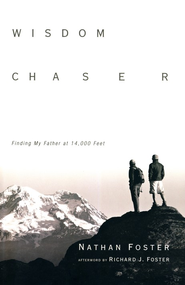Daigle-Williamson, Marsha. “Dante: A New Pauline Apostle?” Christian Scholar’s Review 40, no. 1 (2010): 39-58.
Abstract: There is general agreement among critics that Dante believed he was communicating biblical truths that were intended to have a salvific effect on his readers.9 Dante’s poetic strategy in achieving his overall purpose – and in legitimizing his literary enterprise as apostolic – includes an identification of his pilgrim (and himself) with Paul. By means of a fictional protagonist who is rescued dramatically from spiritual darkness and journeys to the heavens, and by means of writing an inspired poem of Christian instruction, Dante attempts to obey this New Testament exhortation through his poetic enterprise.


